Welcome to Saint Francis Early Childhood, where a diverse range of learning styles, needs and interests are well catered for in our warm, enriching and caring environment. Children feel safe, valued and happy as they discover exciting new ways to learn, explore and play at the beginning of this very special educational journey. Small classes provide effective, challenging and significant learning experiences, which take individuality and uniqueness of each learner into account.
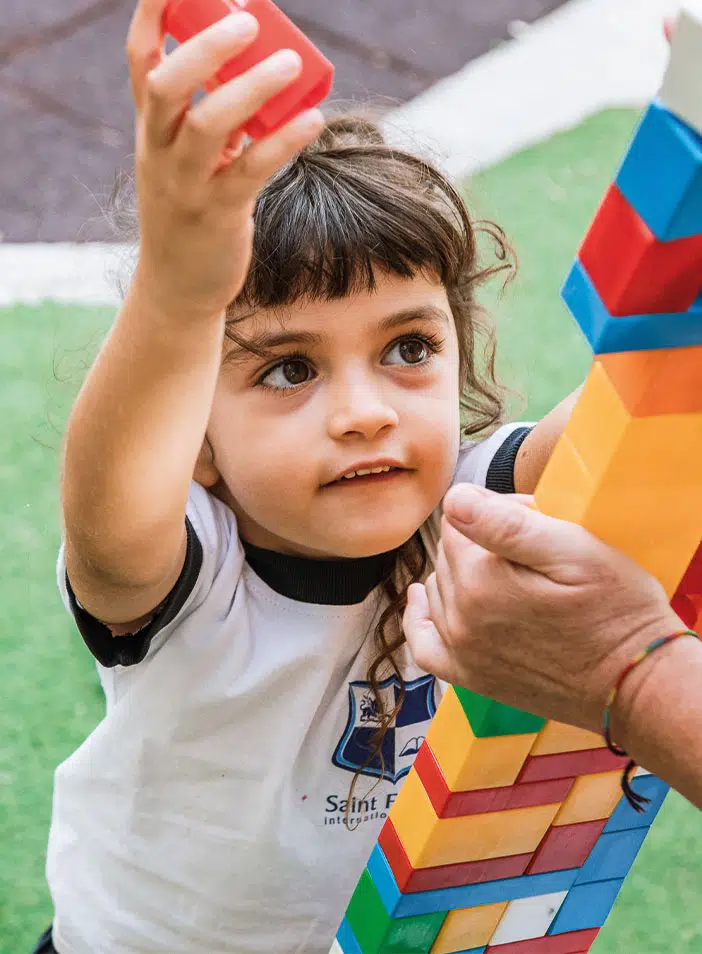
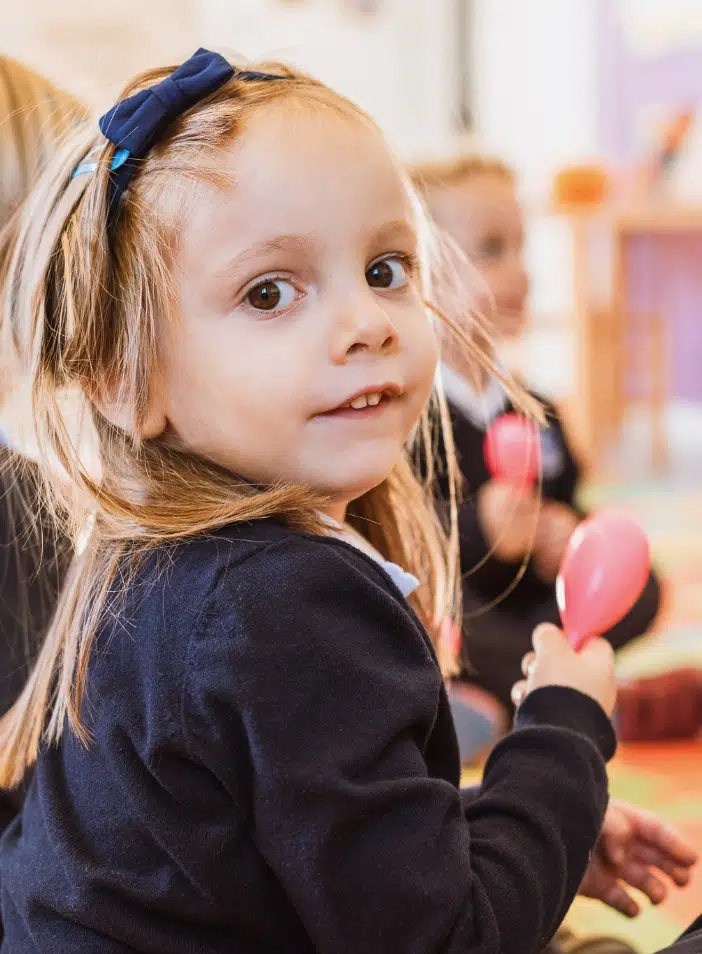
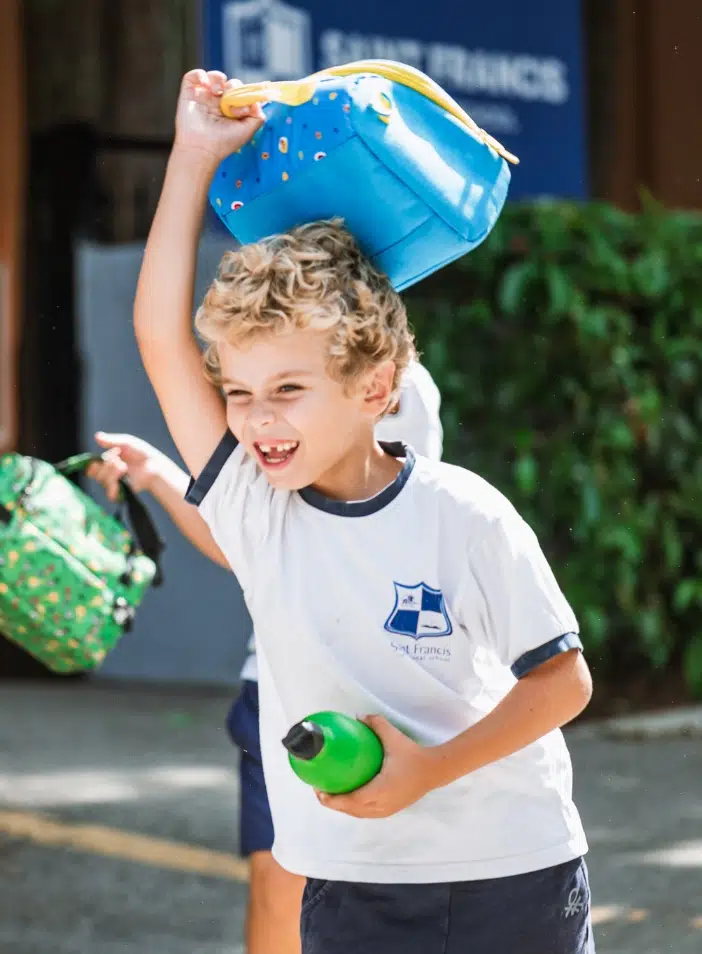
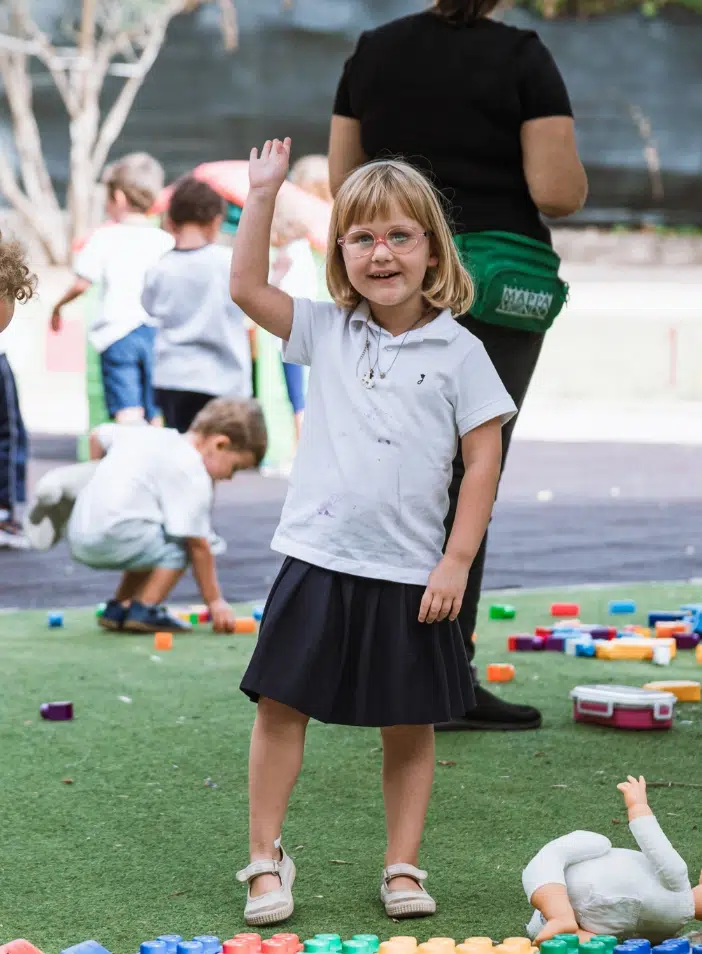
Early Childhood is an important time when children lay the foundations for their view of themselves as learners and their ability to decide the course to take within learning groups. They develop their sense of autonomy and identity and their ability to make informed decisions within environments that offer opportunities for them to actively interact and reflect. Because play offers these opportunities, it is essential in the lives of young children for cognitive, social, emotional, physical and brain development. Through play, children become increasingly skilled at being group members, initiating and working through projects, asking questions and exploring possible worlds through imagination. Over time, children define, construct and negotiate meaning and identity, situating themselves as members of a learning community.
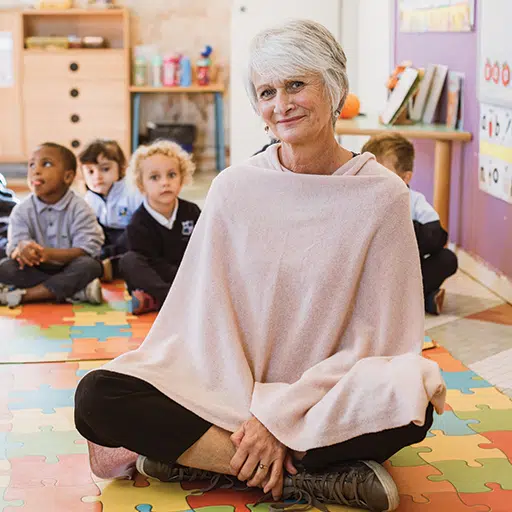
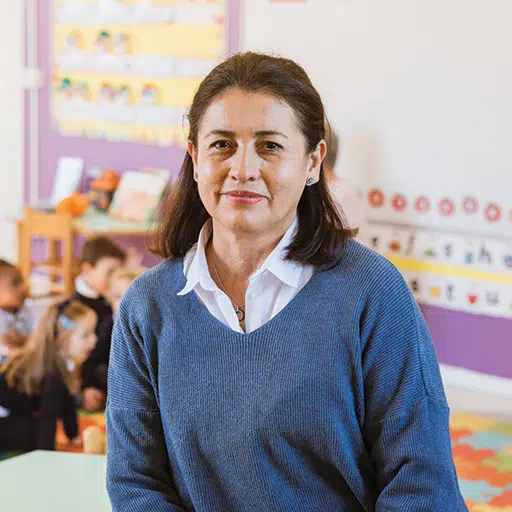
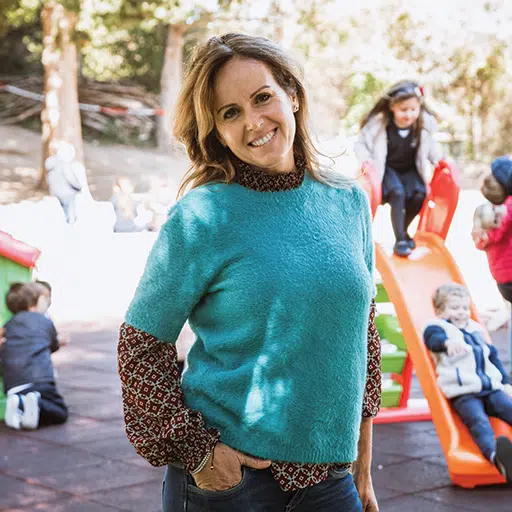
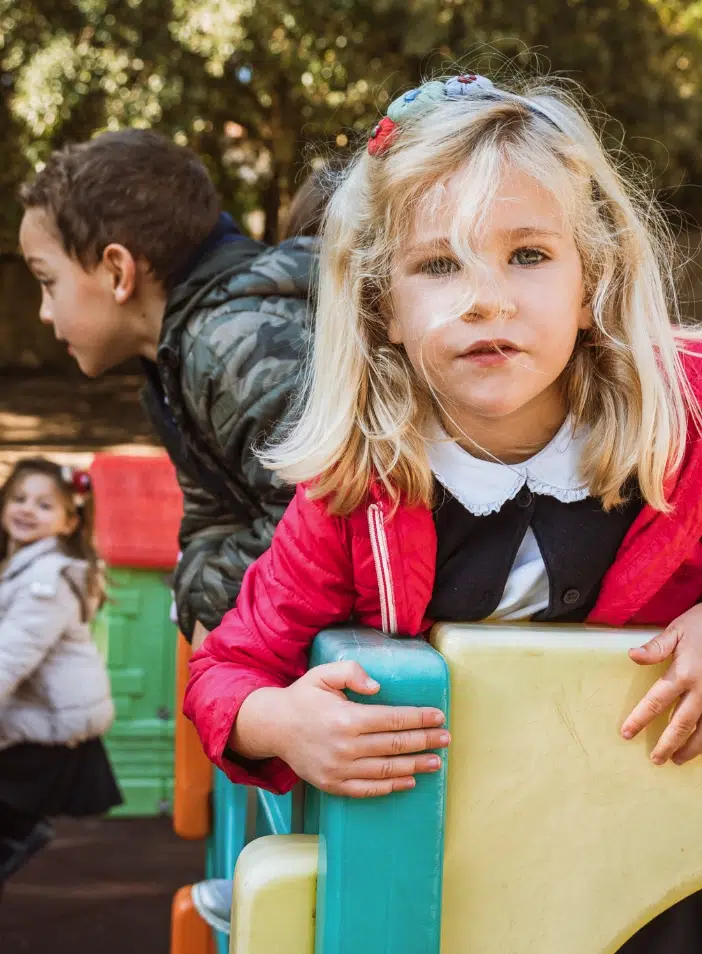
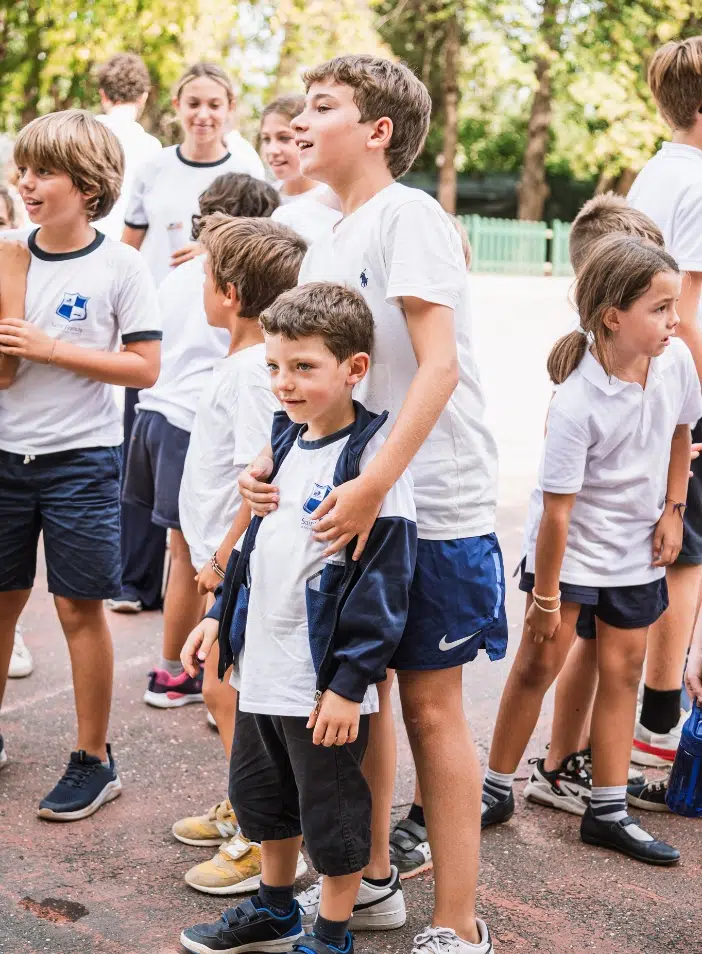
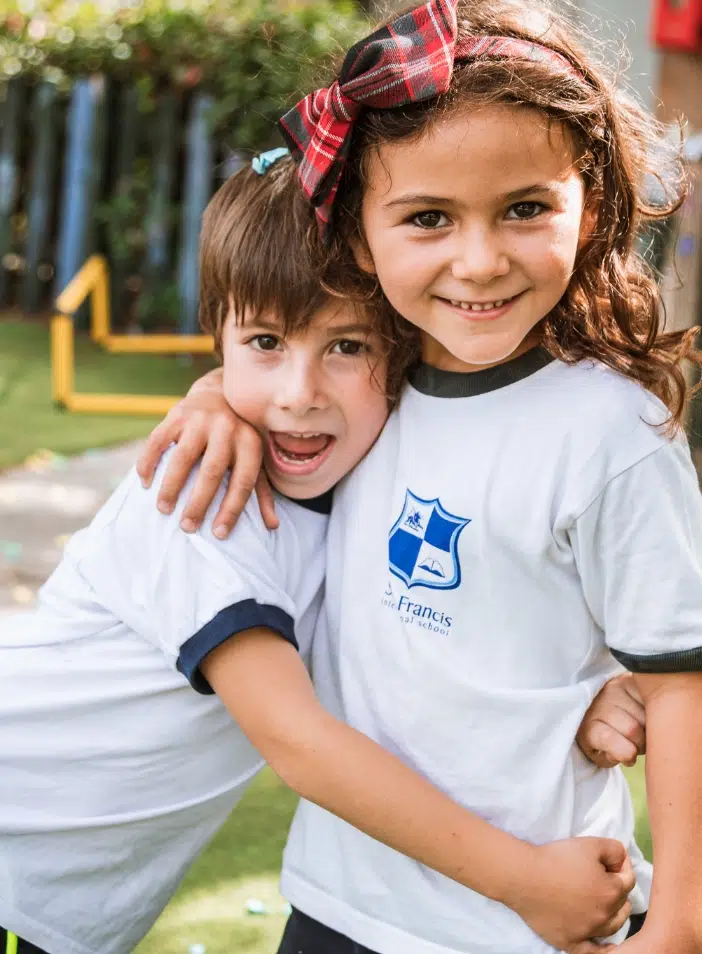




Short description here

Short description here

Short description here

Short description here